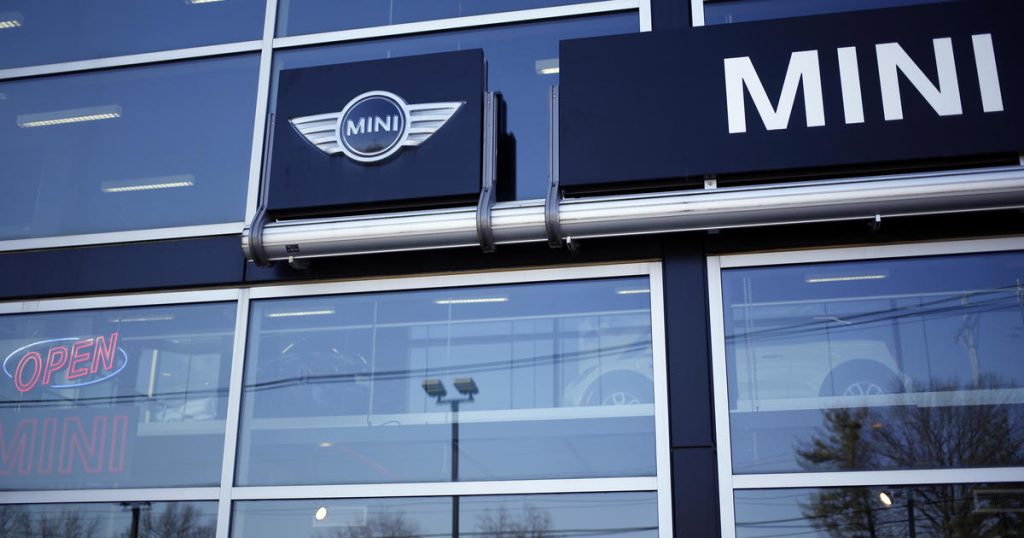The U.S. Senate investigation found that BMW, Volkswagen, and Jaguar Land Rover have purchased parts from a Chinese company that was sanctioned in 2021 for using forced labor. The Senate Finance Committee’s report revealed that BMW imported at least 8,000 MINI vehicles containing parts produced by the sanctioned Chinese supplier, JWD. Jaguar Land Rover also imported replacement parts made by JWD even after being informed of the problematic product in its supply chain. Volkswagen, on the other hand, disclosed to U.S. border authorities that a shipment of its vehicles contained parts from JWD.
The components sourced from the sanctioned Chinese company were obtained through contractors such as California-based Bourns Inc. and Michigan-based Lear Corp. Lear Corp is a direct supplier for BMW and Jaguar Land Rover. Senator Ron Wyden criticized the automakers for failing to effectively police their supply chains for forced labor. He called on Customs and Border Protection to enhance enforcement and crack down on companies that contribute to the use of forced labor in China. Jaguar Land Rover stated that the subcomponent mentioned in the report was from a previous generation of technology and is not used in current vehicles, and they immediately stopped shipment and quarantined existing inventory containing the component.
Both BMW Group and Jaguar Land Rover emphasized that they take human rights and prohibitions against forced labor seriously. The U.S. has banned the use of forced labor, and in 2021, lawmakers passed the Uyghur Forced Labor Prevention Act, prohibiting products made with forced labor in Xinjiang, where the Uyghur Muslim ethnic group has faced persecution. The U.S. government has labeled this persecution as genocide, while Beijing asserts that its efforts in Xinjiang are aimed at combating terrorism and providing employment opportunities. However, human rights advocates argue that participation in China’s employment programs in Xinjiang may be involuntary.
U.S. lawmakers have called for stricter enforcement of the 2021 law banning products made with forced labor and have criticized automakers for not adequately monitoring their supply chains for compliance. The report highlights the need for companies to ensure that their supply chains are free from forced labor, especially in regions like Xinjiang where human rights abuses have been widely documented. The automakers’ actions to address the issue, such as halting the importation of affected products and conducting service actions with customer notification, demonstrate a commitment to upholding human rights standards and preventing the use of forced labor in their operations.
In response to the Senate investigation, BMW, Volkswagen, and Jaguar Land Rover have taken steps to address the issue of sourcing parts from a Chinese company sanctioned for forced labor. By halting the importation of affected products, quarantining existing inventory, and implementing measures to ensure compliance with human rights standards, the automakers are working to rectify the situation and prevent similar incidents in the future. The scrutiny from lawmakers and the public spotlight on this issue serve as a reminder to companies of the importance of ethical sourcing practices and the need to uphold human rights in their supply chains.


